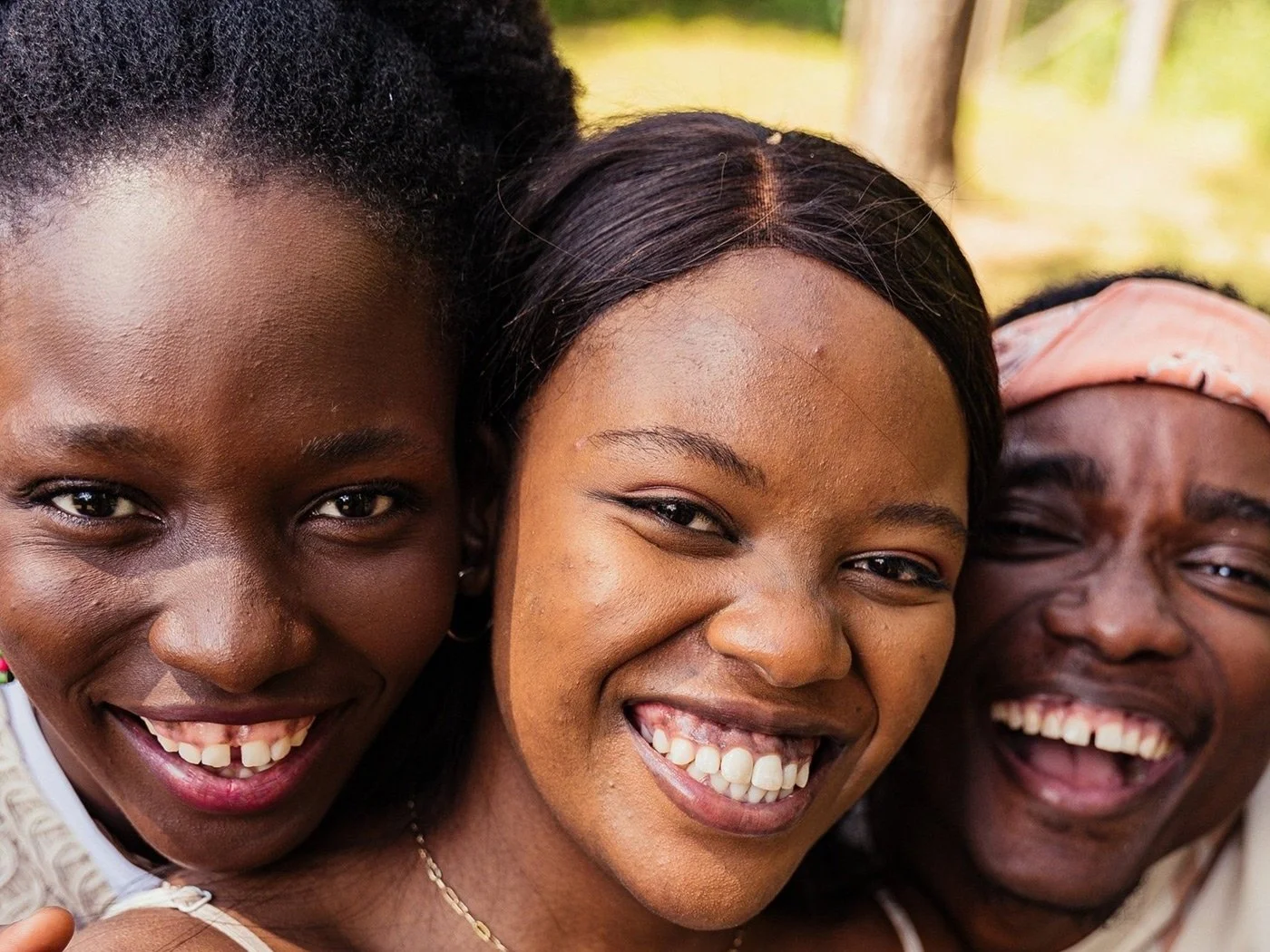Black maleness in the US is often connected to stereotypes and assumptions, and cultural norms can compound why some men may avoid addressing the stressors that impact their mental, emotional and relational health.
Why the Black Community Still Needs Mother Nature
Black people have a history working in harmony with the natural world for not only food but also for medicine. Ceremonies were built around the harvest seasons, food was eaten in season, and religious rites were performed to honor the land, rivers, and oceans. Although communing, connecting, and recreating with nature provides both physical and mental health benefits for all people, the natural world has been especially integral to the way Black and Indigenous cultures have healed and oriented themselves in the world.
Time to Talk: How the Black Community Can Embrace Mental Health Conversations
Based on the dangers and circumstances Black people faced, it’s understandable why acknowledging and validating feelings, seemed like a luxury we couldn’t afford. Fortunately, much of that is changing as many throughout the diaspora are looking for ways to heal generational trauma and are finding ways to create safe spaces to heal themselves and their relationships. And this change is happening one person, one family, and one day at a time.
Making Reclamation Our Proclamation: How Communities of Color Can Reclaim Calm and Wellness in 2024
Communities of color face unique challenges and systemic barriers that affect our overall sense of calm and wellness. Witnessing countless examples of racism and violence against people of color with an unclear path on the best way to advocate for equality and justice for all can be exhausting. These feelings of constant frustration disrupts our nervous system and can lead to anxiety. Yet, the first month of the year gives us an opportunity to reset our minds, bodies, and spirits.
No Mother Ever Wanted A Legacy of Trauma
Mothers birth more than children. They birth a new possibility for a community. Mothers carry the legacy of history and culture and often dedicate more time to maintaining a household and rearing children than they do caring for themselves. Mothers are the first teachers of children. They show them how to see the world as it is or as it can be.
The Anniversary of of George Floyd’s Death Opens Old Wounds, But Together, We Can Heal
The Anniversary of George Floyd’s Death Opens Old Wounds, But Together, We Can Heal
By Yolande Clark-Jackson
May 25th will mark the one year anniversary of the televised killing of George Floyd. The recording of his murder was watched millions of times, and millions of those people watching were Black. Since the murder, the Black community has had to fight for other Black lives that were unjustly taken. And, with the upcoming anniversary, the reminder of the 8-minute video, keeps playing in the background. It was the video that sent shock waves beyond the borders of Minneapolis and the country. Floyd’s murder became significant in re-energizing the conversation about violence against Blacks at the hands of police. But, it also opened old wounds that had yet to heal.
Since 2013, the Black Lives Matter Movement has led a social campaign to remind those affected by racism that Black lives are not disposable. Having to remind another person that your life has value is emotionally taxing. Having to remind others that you deserve justice, is physically taxing. But, watching Black Lives rubbed out by bullets, knees, and choke holds is traumatic. And, when it happens over and over again, it impacts your mental health and outlook on the world you live in.
According to the Mental Health America National Organization website, you don’t have to be directly impacted by racism to be traumatized by it. Trauma can result from a direct experience or “vicariously-such as where you see video of other people facing racism.” It can also be transmitted intergenerationally. For generations, Blacks have been a victim to white supremacist ideals and of violence at the hands of those who criminalize Blackness. For generations, Black people have had to see their people hung, mutilated, dismembered or burned without hope for justice or reprisal. This causes an enormous amount of distress and trauma.
Black people are impacted by racism on several fronts and do not always have the tools to fight back against the impact of racialized traumas. It is hard to hold joy and awareness of racial trauma at the same time, but we can get to a place where we have access to many ways to process our current reality while we fight for a new one.
How We Get There:
First and foremost, Black people have to be there for one another to protect, educate, and heal. We’ll continue to create a community of acknowledgement, support and unapologetic affirmation of our humanities and dignities.
Black people need community resources and mental health supports that address racial trauma. Trauma changes the brain and impacts how well we show up for our communities and our families. Relationships with mental health professionals for stress awareness, management and healthy coping strategies is essential.
As individuals and as a collective, we need to know, identify and name the symptoms of racial trauma and engage in active ways to process this trauma. Click these links to obtain Ibisanmi Relational Health’s booklets on “What Is Trauma?” and “Processing Racial Trauma”.
Black people must work to find the balance between fighting for justice for Black people and finding joy within Black identity and culture. One of the many lessons we can take away from the murder of George Floyd and many others is that Blackness needs to be free from criminalization. Blackness needs to be protected, but it also needs to be celebrated.
Additionally, seeking out professional health for your mental, emotional and relational well-being is always important. Particularly, finding a culturally affirming therapist to discuss and process racial trauma is essential. At Ibisanmi Relational Health, we’re available to help you journey the pain and grief from racial trauma as well as identifying and embracing the joy of your Blackness. You can book your 15-minute consultation here.
And be sure to follow us on IG at @ibisanmi.relational for mental health check ins and inspirations.











When we prioritize our mental health, we can enjoy a clearer mind, a better sense of self, improved productivity and an increased capacity to manage unexpected change. The best part: Making adjustments to your daily life doesn't have to be difficult. Mental health experts weigh in to share practical ways to make your mental health your priority…